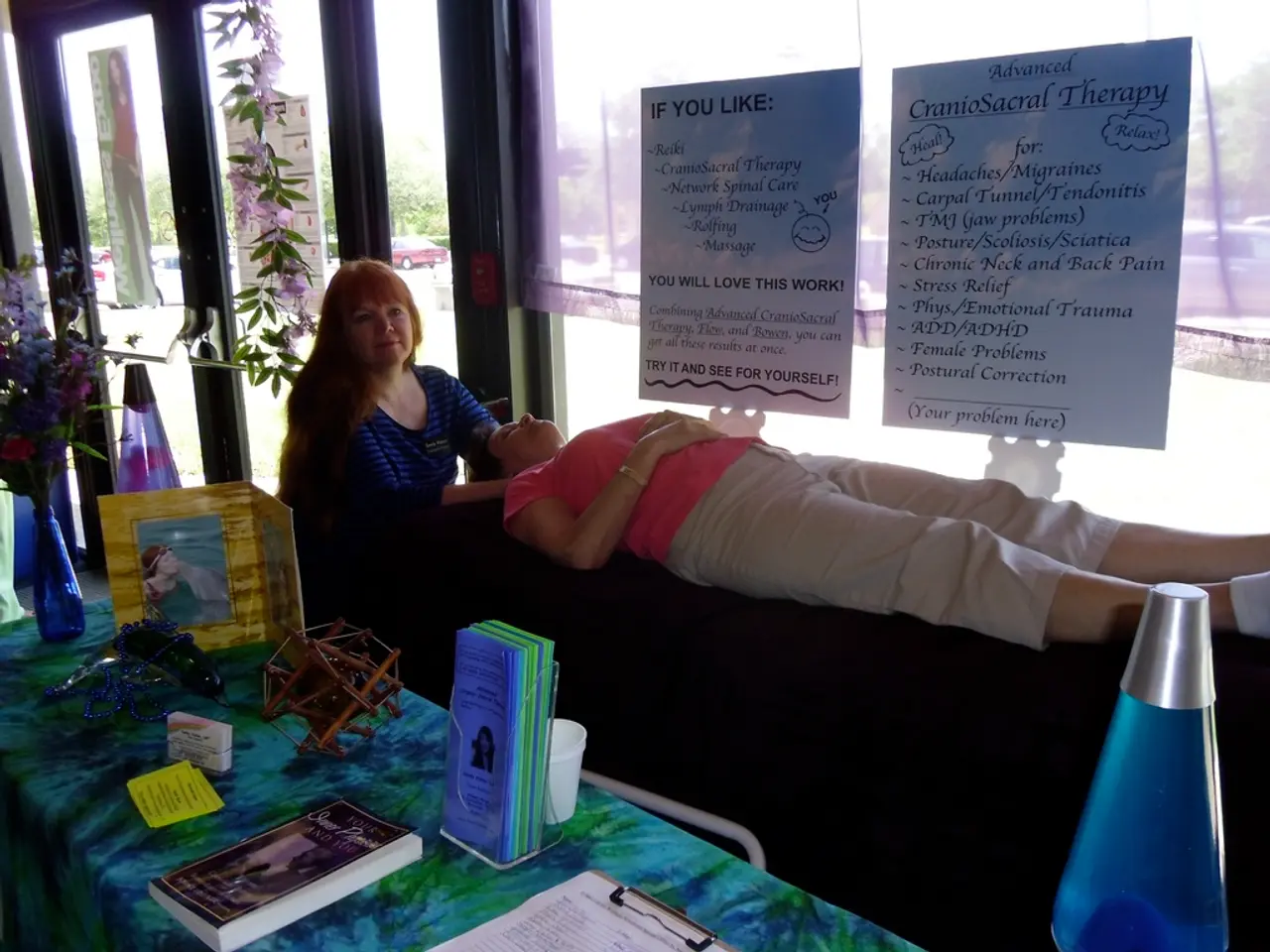Support Sessions for Kleptomania: Camaraderie and Collective Recounting of Struggles
For individuals grappling with kleptomania, a compulsive and often secretive impulse to steal, finding a supportive community can be a crucial step in the recovery process. Group therapy provides a safe and confidential space where people can share their experiences, learn practical strategies, and reduce feelings of isolation.
Building Peer Support and Reducing Isolation
One of the key benefits of group therapy is the opportunity to connect with others who understand the compulsive stealing impulse. This peer support helps to build empathy, foster social skills development, and promote accountability. As trust builds gradually through shared experiences and supportive responses, participants find solace in knowing they are not alone in their struggle.
Cognitive-Behavioral Therapy and Skill-Building
Group therapy sessions provide a dynamic environment for developing and testing practical strategies for managing kleptomania. Cognitive Behavioral Therapy (CBT) is a common approach, helping participants to challenge and modify the thoughts and behaviors driving their impulses. Social Skills Training within the group setting allows participants to practice healthier peer interactions and manage triggers more effectively.
Addressing Emotional Regulation and Anxiety
Group therapy also addresses emotional regulation, anxiety relief, and distorted thinking, tailoring interventions to manage urges and prevent relapse. Psychoeducation about kleptomania increases insight and reduces shame or misunderstanding, empowering participants to take control of their lives.
Ongoing Support and Accountability
Many participants continue attending groups even after their acute symptoms have improved, finding the ongoing connection and accountability valuable for preventing relapse. Group members refine their strategies based on feedback and suggestions from others who understand the challenges involved.
Extending Beyond Managing Stealing Urges
The skills learned in group therapy extend far beyond managing stealing urges. Participants often report improvements in their ability to handle stress, communicate effectively, and maintain healthy relationships. Many groups maintain contact between sessions through approved communication methods, allowing members to reach out for support when urges are strong.
Alumni Groups and Environmental Modifications
Alumni groups or graduated participant networks typically form naturally, providing peer support outside formal therapy settings. Environmental modifications, such as avoiding certain stores, shopping with trusted friends, or limiting access to cash and credit cards, are frequently discussed to help participants manage their triggers and maintain their progress.
In summary, group therapy offers essential social support, improved coping mechanisms, and effective behavioral interventions critical for managing impulsive stealing behavior. These structured group interventions improve outcomes by fostering empathy, skill-building, and shared accountability among participants. While pharmacological treatments sometimes supplement therapy, psychotherapy remains the mainstay, and group formats enhance this by leveraging social learning and peer support dynamics.
- Participants in group therapy can benefit from learning emotional regulation techniques and anxiety relief strategies, which are tailored to manage the compulsive urge to steal and prevent relapse.
- Support from peer group members, including those who have experienced similar struggles, can help promote accountability, build empathy, and foster social skills development for individuals managing kleptomania.




